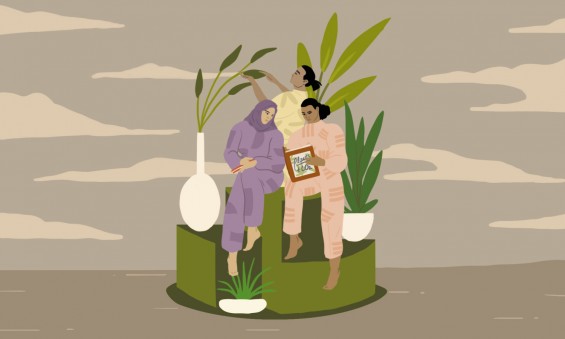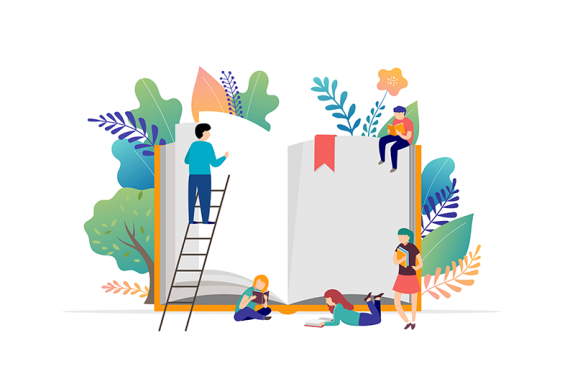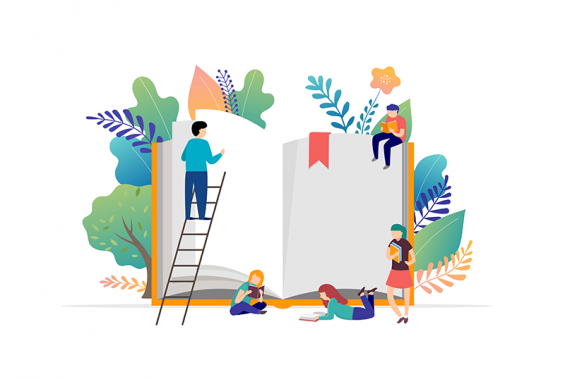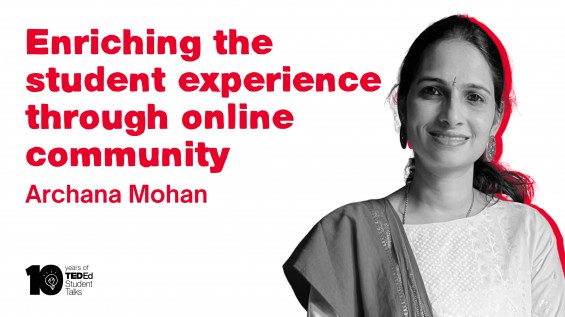
Hope and action: A climate reading list
You’ve seen the headlines.
Melting ice caps, endangered species, wildfires, heatwaves, floods, droughts, dying coral reefs, vector-borne diseases, ocean acidification, and other catastrophes.
Climate change is often framed in terms of its capacities for destruction, but addressing climate change is actually a huge opportunity to create a better, healthier world for us, as well as for the planet. It’s also a chance to renew our connections and commitments to our fellow planet-dwellers. There are so many reasons to be hopeful about our capacities to not only mitigate damage but to build a better world.
If you’re ready to learn about the innovative developments we already have to fight climate change and the exciting tools and movements in the works, here’s a starter list of books to get you up to speed on the solutions we need to implement now to begin building a better future:
1. How to Change Everything: The Young Human’s Guide to Protecting the Planet and Each Other by Naomi Klein
Young people are leading the fight against corporate greed and government inaction on climate change, and Naomi Klein’s book highlights the stories of youth activists from across the globe. Her book offers young readers not only the history of the climate crisis but also actionable ways for young people to plug into the growing youth movement for climate action. This book is laser-focused on climate justice issues and youth activism – it’s the perfect read for young readers who want to be both informed and active.
2. How to Avoid a Climate Disaster: The Solutions We Have and the Breakthroughs We Need by Bill Gates
Bill Gates came to the issue of climate change when he was studying how to address global poverty; he learned that energy and economic prosperity are closely connected…but if we keep powering our world with fossil fuels, everyone and everything will eventually be at risk. Gates divides his book into sections focused on specific aspects of society that require decarbonization – everything from how we power up to how we get around, to how we build to how we eat, and more. In each section, he offers clear and succinct explanations of what tools we already have and what developments and innovations we need to fully decarbonize.
3. All We Can Save: Truth, Courage, and Solutions for the Climate Crisis edited by Katharine K. Wilkinson and Ayana Elizabeth Johnson
This is no ordinary anthology – in it, readers will find both essays and poetry focused on climate issues. Wilkinson and Johnson prioritize the voices of the folks too often left out of the national climate conversation: BIPOC and women. For too long, we’ve ignored these voices, to our own peril, and these editors show us exactly why we need to start listening to these groups. The essays included range in focus and are grouped thematically: Root, Advocate, Reframe, Reshape, Persist, Feel, Nourish, and Rise. But the most impactful essays might be those in which the writers share personal narratives about the ways that climate change has impacted them or their communities. The poems tap into both the existential angst so many feel contemplating something as big and amorphous as climate change and the solidarity across groups that the climate crisis has inspired.
4. The Future We Choose: Surviving the Climate Crisis by Christiana Figueres and Tom Rivett-Carnac
These writers led negotiations for the historic 2015 Paris Climate Agreement, and the structure of this book clearly lays out two possible futures for our planet: one half of the book focuses on what life will look like in 2050 if we don’t tackle emissions (spoiler: it’s not pretty!), and the other half of the book paints a picture of all the ways that the world and our lives in it would improve by 2050 if we do address climate change. The final part of the book offers actionable steps for readers to take now to do their part to be part of the solutions.
5. Unstoppable: Harnessing Science to Change the World by Bill Nye
Science buffs and laypeople alike will love this engaging text by Bill Nye (yes, The Science Guy!). Nye’s enthusiasm and excitement for the technological innovations currently underway to combat the climate crisis is as infectious as it is fascinating. And you can’t beat his voice: Nye brings the same warmth and humor to his nonfiction as he did to his show. His short chapters and funny titles make this book especially engaging.
Check out TED-Ed’s 7-episode series introducing some of the biggest obstacles to avoiding climate disaster — and how to overcome them:
ABOUT THE AUTHOR
Shannon Falkner teaches English Language Arts at Chatham High School in Chatham, NJ. She is a Teacher Consultant at the Drew Writing Project and Digital Literacies Collaborative at Drew University. Shannon is a passionate advocate for “climate literacy” and has trained with The Climate Reality Project. In addition to teaching English, she volunteers as a climate educator and often writes about both education and climate.




